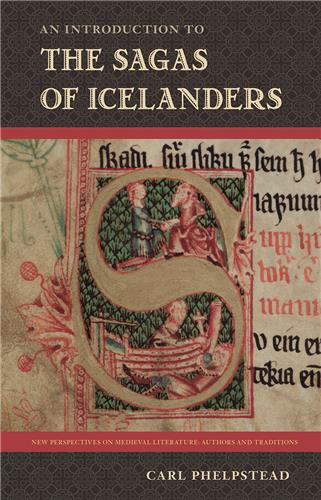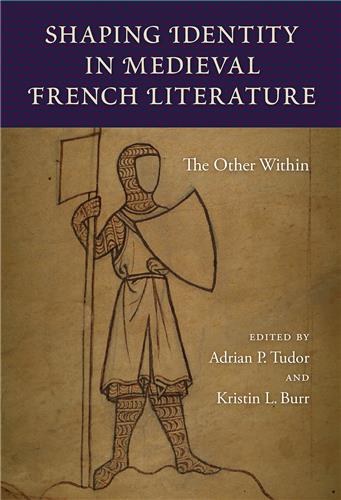The Judaic Other in Dante, the Gawain Poet, and Chaucer
Catherine S. Cox
This book explores the late medieval literary legacy of early Christianity’s relationship to its Judaic origins. Catherine S. Cox demonstrates how the works of three canonical 14th-century authors--Dante, the Gawain-poet, and Chaucer--express conflicting aspects of Jewish and Christian religious identity. In their support of Christianity’s view of history, she argues, their poetry replicates Christianity’s inclination to appropriate and reconstruct Jewish texts.
All three writers shared the challenge of reconciling their Christian agenda with their literary agenda and their desire to excel as artists while perpetuating an evangelical message. Looking at some of their major texts--in particular, the Commedia, Sir Gawain and the Green Knight, and the Canterbury Tales--she situates their work in relation to the history of supersessionism and its ideological perspectives. She demonstrates that their representations of the Judaic "Other" and their exclusion of Hebrew scriptural tradition helped establish an instructive frame for late medieval theological, literary, and cultural debate.
By engaging ancient scholarship with contemporary theory, Cox offers provocative readings of both the texts and the cultural conditions from which they emerged and in which they were received. Informed by a broad range of literary, historical and recent critical debates, her study will bring about a new understanding of numerous and sometimes perplexing aspects of work by monumental figures in literary history.
Catherine S. Cox, professor of English at the University of Pittsburgh at Johnstown, is the author of Gender and Language in Chaucer (UPF).
No Sample Chapter Available
"A learned, densely textured, and provocative study of the ways in which these canonical authors interact with and deploy Christological hermeneutics inherited from biblical texts and traditions."
"This is a fine and fascinating book that is sure to provoke a re-thinking of medieval Christian involvement with the very texts it appropriates and supersedes."
--The Medieval Review
All future work on the use of Jewish traditions and on the figure of the Jew in medieval literature will need to take account of this book's arguments.
--Speculum
Cox's book joins important work published in recent years which unmask subtle inscriptions of Hebrew and Judaism in canonical texts of medieval literature. It contributes to the interdisciplinary interrogation of the medieval canon not only in terms of the traditional tools of literary criticism, but also in terms of more recent developments in Jewish studies and in literary theory.
--Arthuriana
"A stimulating original."
--Modern Language Review
…a significant contribution to the understanding of medieval anti-Judaism. …exposes both a consciousness of the fluidity of identity in medieval literature and the sorts of anxieties that such a consciousness produces.
--Modern Philology
…augments a growing body of important medievalist criticism, mainly by North American academics, on Jewish and Christian cultural interrelationships…her argument has the potential to transform utterly how we read late medieval Christian poetry.
--Bulletin of International Medieval Research
…a provocative, contemporary, and idiosyncratic contribution to the field.
--Medium Aevum











